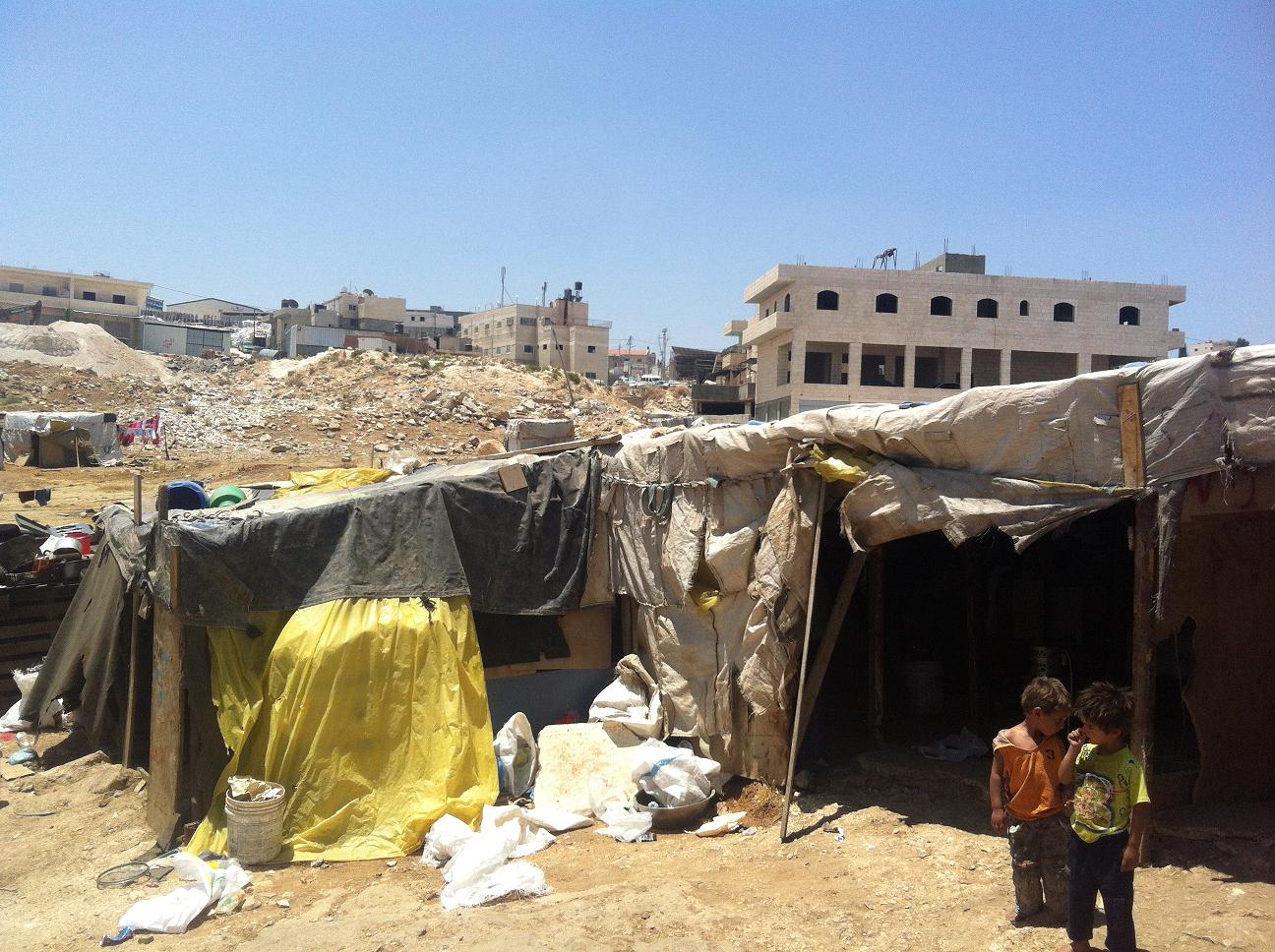Tag: Video
-
Video – Father and 5-year-old son illegally detained in occupied Hebron
9th July 2013 | International Solidarity Movement, Khalil Team | Hebron, Occupied Palestine On July 9th at around 4pm in occupied Hebron, Israeli soldiers arrested and held a five-year-old boy in their military base along with his father. They kept the father handcuffed and blindfolded, and transferred them to the checkpoint separating the Israeli and…
-
Prominent activist Nariman Tamimi under partial house arrest during weekly Nabi Saleh’s protest
7th July 2013 | International Solidarity Movement, Ramallah Team | Nabi Saleh, Occupied Palestine The weekly protest in the village of Nabi Saleh was, as usual, met with extreme violence by Israeli forces. Tear gas canisters, rubbers coated steel bullets and skunk water were shot at unarmed protesters. After midday prayers, over fifty Palestinians together…
-

Bedouins outside Jerusalem face violence and threats of expulsion
1st July 2013 | International Solidarity Movement, Ramallah Team | ‘Anata, Jerusalem The Bedouin community of ‘Anata suffers daily from the consequences of living just underneath the Apartheid Wall of East Jerusalem; the community is considered unwanted by the Israelis, and is therefore a victim of attacks and harassment. In addition, their unique location between…
